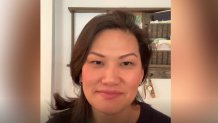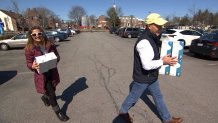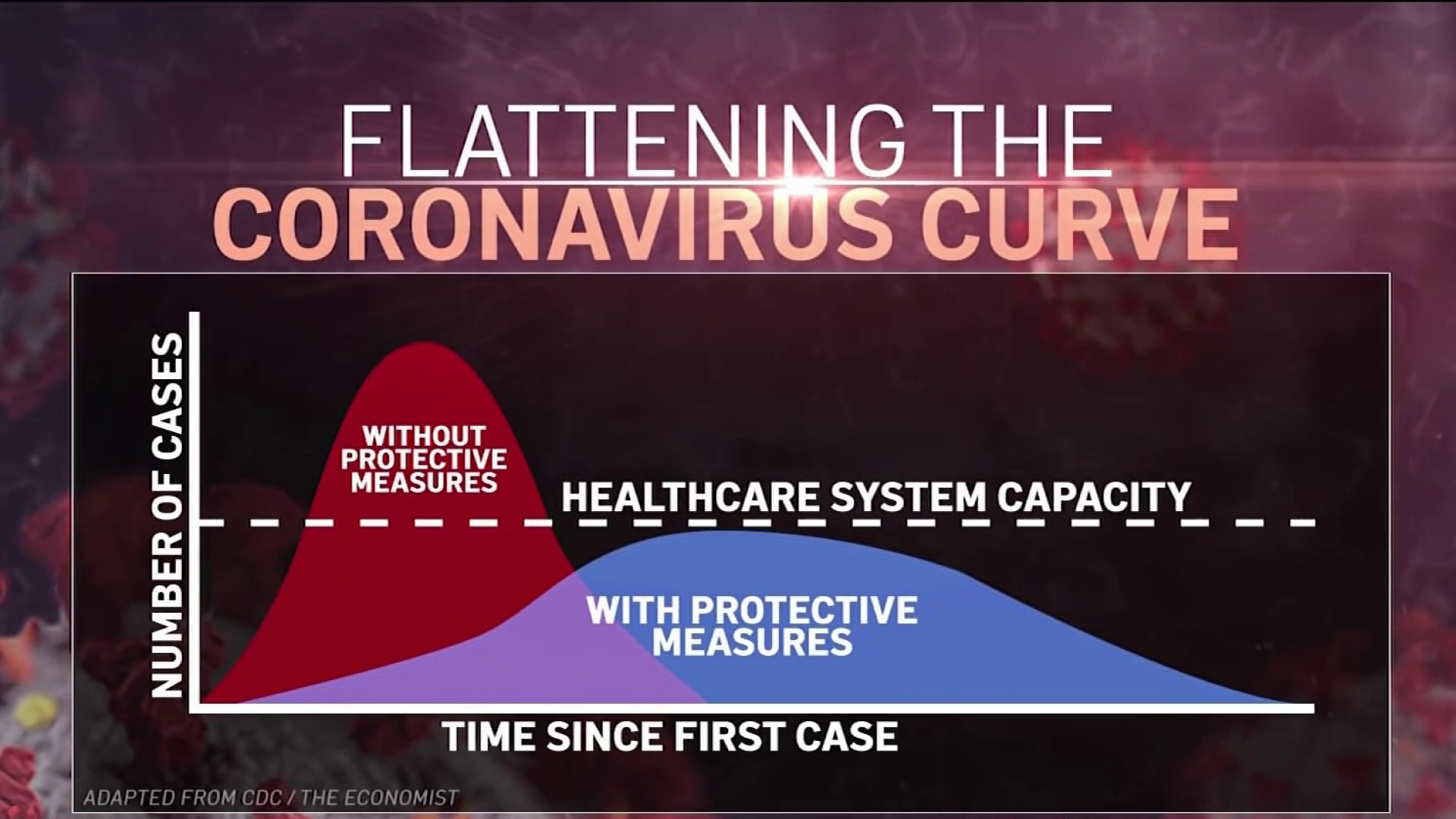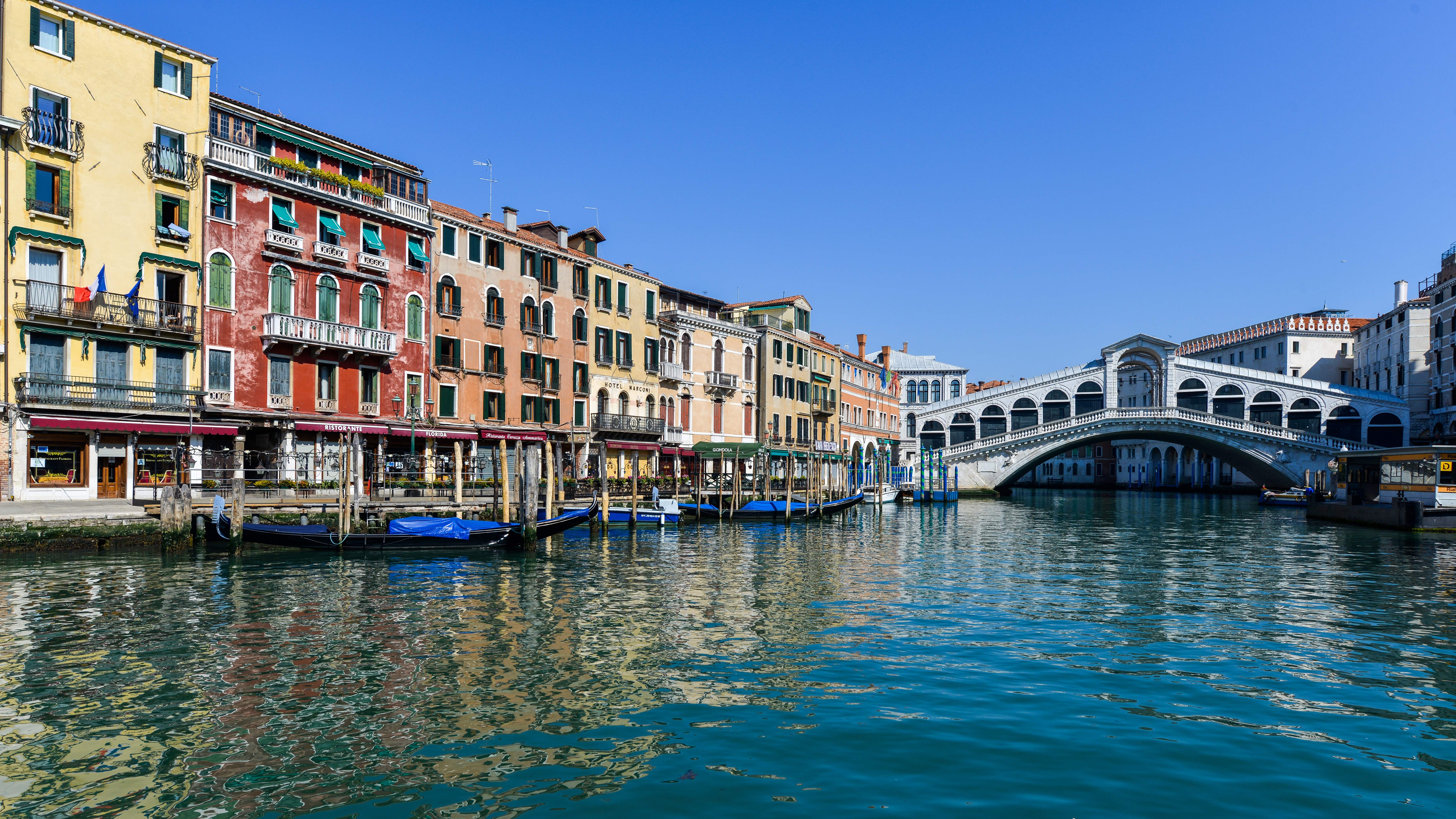Health care workers are asking for the public’s help as they face a shortage of personal protective equipment, including the N95 respirator masks that are essential for working with patients infected by the novel coronavirus.
The situation has them worried on the front lines as they fight against the growing pandemic.
“We are very concerned,” Samantha McHale, a local nurse of seven years, said about the dwindling supply of gear. “It’s an urgent matter. We are uncertain about what we’ll do in the coming weeks. I think that’s the question that keeps us up at night.”

Practicing what she preaches, McHale asked to do the interview with me remotely via Skype, hoping it would provide a model for social distancing.
“This is the best way you can help us because it increases our capacity to handle the job we know we have ahead,” she explained.
At Brigham and Women’s Hospital, the union that represents nurses and hospital leadership said they are working together to conserve supplies, either by wearing the masks longer or, in some cases, reusing them when appropriate.
The measures come as more front-line workers are exposed to patients infected with the new coronavirus.
Both Mass. Eye and Ear and Brigham and Women's announced this weekend that health care workers at their facilities had tested positive for COVID-19, the disease caused by the virus. Massachusetts General Hospital also reported three infected providers, the Boston Globe reported Wednesday.
“There are a lot of nurses who are home on quarantine,” said Trish Powers, an operating room nurse and chair of the Massachusetts Nurses Association. “Some are symptomatic and may end up becoming positive.”
Meantime, state leaders say they are leaning on the federal government daily for access to the national stockpile of personal protective equipment.
Massachusetts received its first shipment of supplies -- some 74,000 pieces of gear -- from the stockpile last week. Much of the equipment was directed to western Massachusetts, the first region where state health officials confirmed community spread of the disease, meaning infections that could not be traced to contact with an infected person, or travel to a region where the disease was widespread.
Gov. Charlie Baker said this week the first shipment represents a small portion of the request Massachusetts made to the federal government, which has asked states and hospitals to work directly with manufacturers to replenish their supplies.
“It’s the number one issue nationally among all governors, states and provider communities,” Baker told reporters during a Wednesday news conference.
On Tuesday, Vice President Mike Pence asked construction companies to donate their supply of N95 masks to local hospitals, and to stop putting in new orders.
It did not take long for Bob Ernst, owner of Boston-based FBN Construction, to answer the call. He dropped off about 100 masks at Beth Israel Deaconess Medical Center in Needham.

Ernst told me he was happy to provide the masks for an important cause, noting the recent construction project shutdown in Boston affected six of his jobs.
“It feels good to know there is something positive we can do as opposed to sitting back and being frustrated,” he told me.
McHale is hoping others follow that lead. She teared up thinking about the long road ahead for her and fellow nurses.
“We are out there every day, leaving our family to fight this battle,” McHale said. “We are gearing up mentally and emotionally as a group, but we need the proper equipment to do our job right.”



